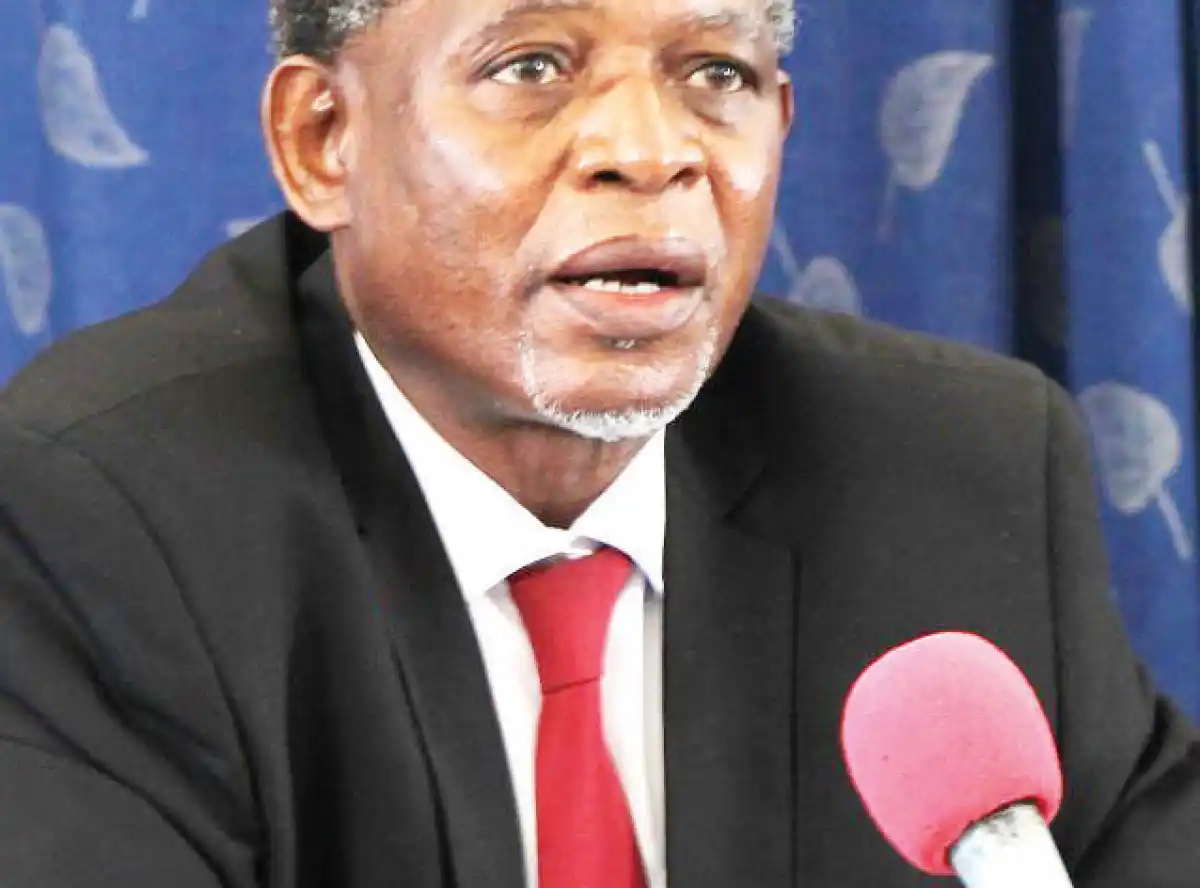
Opposition legislators Thursday backed the government’s decision to table and pass Bill Number 9 of 2025, Penal Code Amendment, which seeks to amend the Penal Code by introducing house detention as a form of punishment under the Code.
At the moment, convicts who are given a custodial sentence serve their sentences in jail, even in cases where they are terminally ill.
When Justice Minister Titus Mvalo introduced the bill to the august House, there was no voice of dissent on all sides of the political isle, such that there was no time wasting on issues related to the proposed piece of legislation.
According to Mvalo, the bill is a product of a recommendation of the Special Law Commission on the Review of the Prisons Act.
Among other things, the commission recommended the introduction of house detention, particularly for prisoners with special needs, as a means to address the challenges faced by such prisoners, especially when their continued incarceration poses a threat to their health or life.
“Therefore, this bill proposes to amend Section 25 of the Penal Code to add to the list of punishments that a court may impose when a person is found guilty of an offence to include house detention,” Mvalo said.
The Justice Minister said house detention was different from house arrest in that house arrest applies before conviction while house detention applies after sentencing.
He said the house detention punishment will be at the court’s discretion, saying the judge or magistrate may take into consideration a number of factors, including age and health of the convict.

Opposition Democratic Progressive Party (DPP) spokesperson on legal matters Brighton Msaka welcomed the bill, saying it would enable magistrates and judges to keep away people with highly contagious diseases such as multi-drug resistant tuberculous (TB).
“By confining those with highly contagious diseases such as multi-drug resistant TB, we are [somehow containing the] spread of the disease.
“By introducing house detention, the spread of such contagious diseases will be contained,” Msaka said.
Another opposition party representative, United Democratic Front spokesperson on the matter Ned Poya, said the bill would help people who are frail to serve their sentences at home.
The House also passed Bill Number 8 of 2025, Prisons Bill.
The bill seeks to repeal the Prisons Act (Cap. 9:02) and replace it with new legislation which conforms with constitutional and international standards, adopts a human rights-based approach to the management of the prison system and focuses on rehabilitation and re-integration of prisoners into society.

Specifically, the bill proposes to make a provision for the administration of the Malawi Prisons Service by providing for, among other things, ranks with the Malawi Prison Service and additional powers and functions of the Chief Commissioner.
It also proposes the establishment of prisons, including open prisons and halfway houses.
Homeland Security Minister Ezekiel Ching’oma said once enacted, the bill would enhance the legal framework that governs prisons in Malawi, promote the humane treatment of prisoners and improve overall conditions within the prison system.
DPP spokesperson on the bill, Chipiliro Mpinganjira, lauded the bill, saying it emphasised on rehabilitation and reformation and not political punishment.






0 Comments